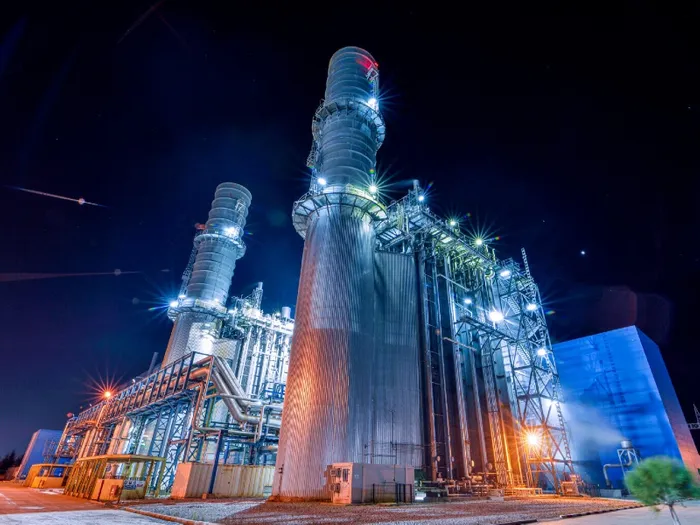Turkish energy company Aksa Enerji is set to commence operations of the first 25 MW turbine of the Djeno Power Plant in the Republic of Congo by March 2025. This initiative aims to tackle the country’s ongoing electrification challenges, where only about 50% of the population has access to electricity, with rural areas significantly lower at approximately 12%.
Currently, Congo’s main power generation facility is the Centrale Électrique du Congo (CEC), a joint venture between Eni and the Congolese government. Situated in Pointe-Noire, the CEC boasts an installed capacity of 484 MW, following an expansion from its initial 314 MW capacity.
Transforming Congo’s Energy Sector
The Djeno Power Plant, spearheaded by Aksa Enerji, represents a major milestone in the country’s energy landscape, enhancing electricity production and diversifying power sources. With an existing installed capacity of 50 MW, the plant consists of two combined-cycle combustion turbines of 25 MW each. The first turbine is slated for commissioning in March 2025, while the second is under maintenance and expected to become operational by the third quarter of 2025.
Collaborating closely with the Congolese government, Aksa Enerji has plans to expand the plant’s total capacity to 100 MW. Recep Çorlu, Managing Director of Aksa Enerji in Congo, confirmed in an interview with Energy Capital & Power: “We are working in close cooperation with the necessary ministries to increase the project to 100 MW. We will work hard to complete the project as soon as possible when the necessary conditions are met.”
Aksa Enerji has leveraged its expertise in power generation to revamp the Djeno Power Plant, transitioning its operations from oil to natural gas. The gas will be sourced from Eni’s Marine XII and M’Boundi fields, aligning with the Congolese government’s gas monetization strategy. “Gas supply will be secured in consultation with the ministries of energy and hydrocarbons,” Çorlu stated.
Once fully operational, the Djeno Power Plant will enhance electricity reliability in Congo while driving industrial and economic growth. The investment also aligns with broader efforts to fortify energy security across Africa. Aksa Enerji aims to integrate efficient transmission infrastructure, ensuring seamless electricity delivery to Brazzaville with minimal losses. “For the generated electricity to be delivered without issues, regular maintenance and upgrades to transmission lines are required,” added Çorlu.
Additionally, the Djeno Power Plant could extend its reach to the Democratic Republic of Congo (DRC) and other landlocked nations through the Boucle de l’Amitié Énergétique project—a 1,400 kV power line slated to link Congo, DRC, and Angola by 2025. This initiative seeks to alleviate electricity shortages and bolster regional energy security.
Given the rising energy demand in Central Africa, particularly in the DRC, where electricity deficits persist, the Djeno Power Plant could become a pivotal supplier. Its expansion to 100 MW could position Congo as a net energy exporter, reinforcing economic ties with neighboring countries.
The inaugural Congo Energy & Investment Forum (CEIF), set to take place in Brazzaville from March 24-26, will bring together global investors and local stakeholders to explore energy infrastructure opportunities. Organized by Energy Capital & Power in collaboration with the Ministry of Hydrocarbons, CEIF 2025 will feature a panel discussion on gas-to-power projects within the country.
Source: Energy Capital & Power
